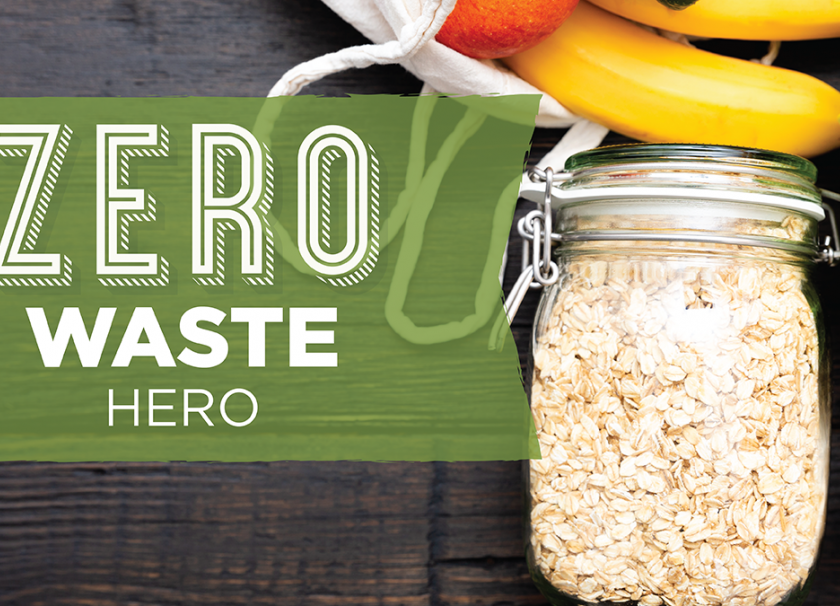
Tips for a Sustainable Kitchen
By Mahlea Rasmussen, Education Coordinator
Outside of work I spend a lot of time in the kitchen. I find it a soothing space to create nourishing meals and lasting memories. I find it essential to be as eco-friendly as possible and a few changes can transform your kitchen into a sustainable center of your home.
The choices begin with shopping for your food. It is important to stay organized so you don’t end up over-shopping or purchasing items you already have. This can lead to food waste - the USDA found that Americans on average each waste a pound of food per day. To avoid this, create a list on a chalkboard or white board and take a photo, so you know just what to purchase.
Don’t shop when your hungry. Although all of us have been there and heard this before, we are much more likely to purchase unnecessary items when our tummies are doing the talking.
Leave your reusable tote bags in the car, so you don’t leave them at home. After unloading your goods, run out to the car one more time and throw your bags in the back seat. That way you won't be caught without them next time you hit the market. Some estimates put the average 'lifespan' of a plastic bag at just 12 minutes.
Shop in the bulk and produce departments to avoid packaging and bring your own containers. The beautiful thing about bulk is that it goes far beyond food items: shampoo, dishwashing detergent, pet food and more are available. Because you can bring your own containers to fill, you're skipping the single-use packaging that many products on the shelf come in.
When shopping for produce, I choose a bag made from recycled plastic bottles available for $0.50 in our produce department. For dry goods, a muslin cloth bag is also available for the same price. For flours and liquids, I bring my own glass jars and bottles.
Shopping for herbs and spices with your own containers is especially advantages as you can save as much as 95% on the goods you buy. Remember: every time you purchase an item in a container, part of the cost is paying for the container itself.
At home some other ways to make your kitchen more sustainable is by growing your own herbs and making your own products. This doesn’t have to be overly time consuming. Herbs, rosemary, oregano and thyme are easy to grow and require minimal time.
Having a stock container in your freezer can significantly reduce your waste and save you money. Most vegetable scraps can be used such as carrot ends, celery and onion. After boiling the stock vegetables you can compost them as long as there is no meat product or oil used.
Replace soft drinks with infused water you make at home. Fill a pitcher with refreshing citrus, mint or cucumber. Not only is this good for your budget, but it's good for your waistline by reducing unnecessary sugar intake.
Another item found commonly in kitchens and easily eliminated is paper towels: it’s easy to sub in some worn out, clean t-shirts and cloth napkins.
And finally, when you're serving dinner, create smaller plates. Those who are hungry can always go back for more, but you will end up throwing out less uneaten food.
The benefits of a zero waste kitchen go beyond the trash compactor. You will find yourself saving money and eating clean. “The zero waste lifestyle is not about complicating your life; it’s about simplifying.” - Bea Johnson.
More Co-op News
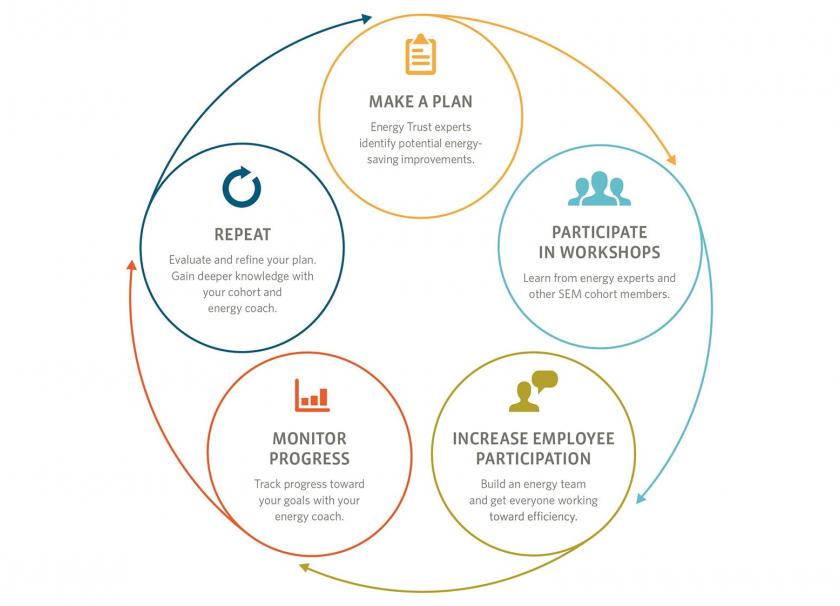
An update on Strategic Energy Management at the Co-op
By Nina Friedman, Strategic Energy Management intern
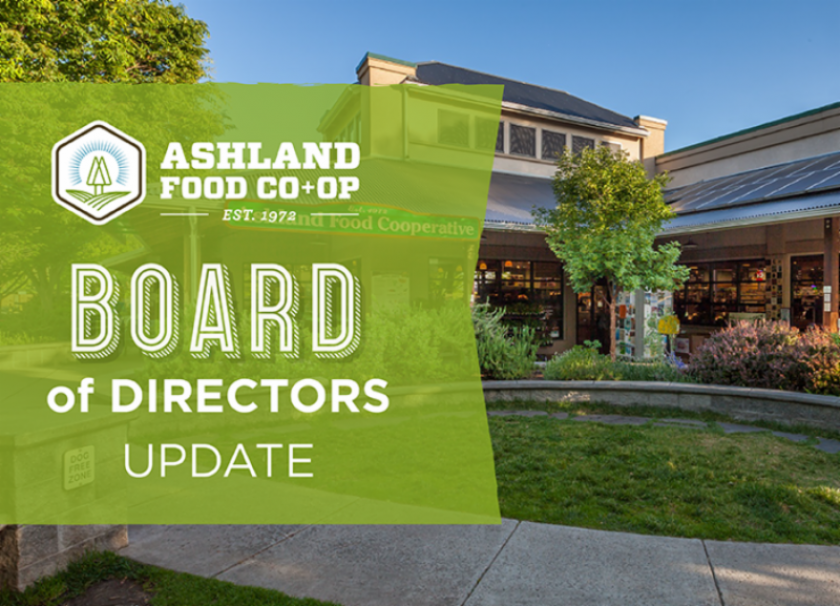
Open letter from AFC Board on Coronavirus Policies
The Ashland Food Co-op has played a critical role supporting our community for nearly 50 years by providing healthy food and a safe place to shop. With the recent COVID-19 shutdown, this support has been even more important and has stretched our organization in ways that we could not have anticipated. We have endeavored to address the needs of both our staff and our customers, hopefully in the most cooperative manner.
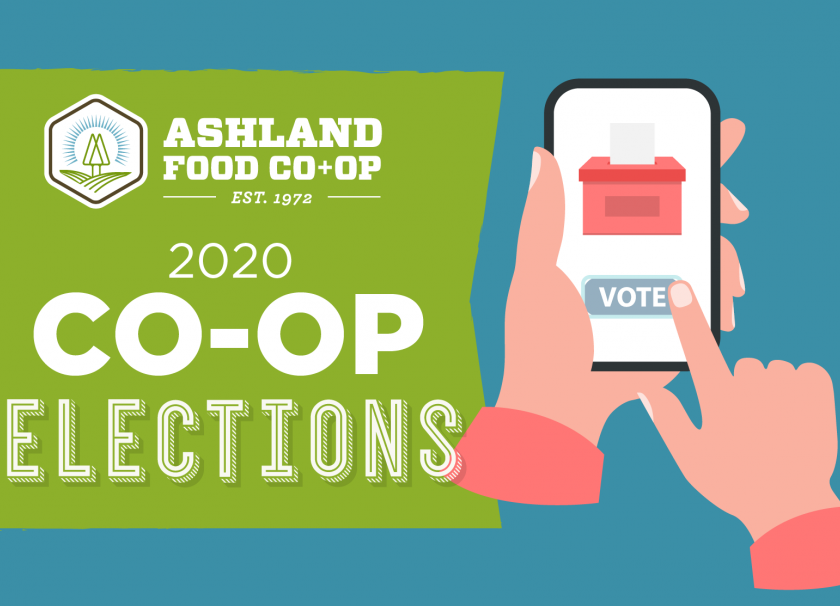
Owner Voting on 2020 Co-op Board & more
As an owner of the Ashland Food Co-op, you are an important decision-maker in the leadership of the Co-op! A vital part of your ownership is voting for the Board of Directors.
On the ballot: Vote for Board Candidates and Change for Good Organizations
Vote for Board Candidates
This year, four candidates are nominated for three Board positions: each elected Board director will serve a three-year term. The candidates are Ed Claassen, Mark Gibbs, Carolina Livi and Julie O'Dywer.
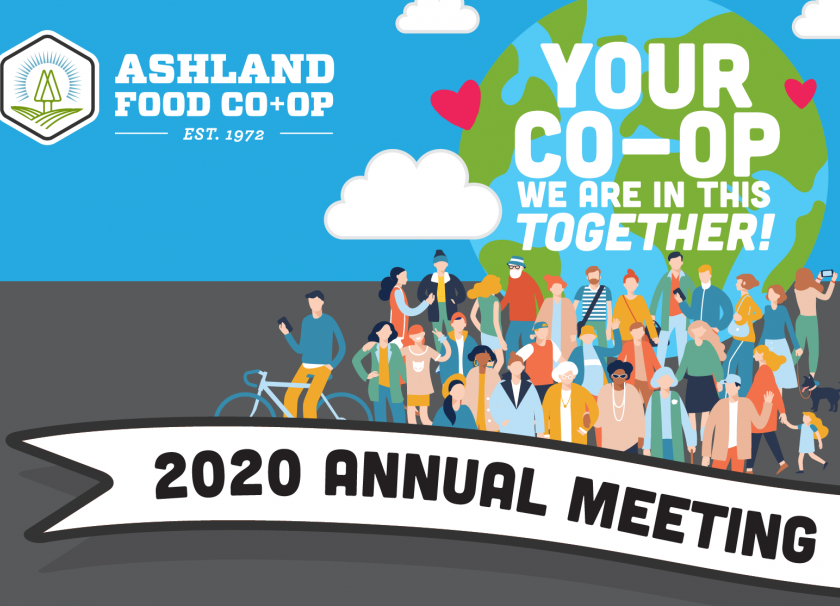
2020 Annual Meeting for Owners
Mark the evening of May 13 at 5pm on your calendar and join us for the 2020 AFC Annual Meeting. We’ll host the meeting online using Google Hangouts. Please click here to join the meeting, or call in at this number:
+1 617-675-4444
PIN: 719 680 293 2056#
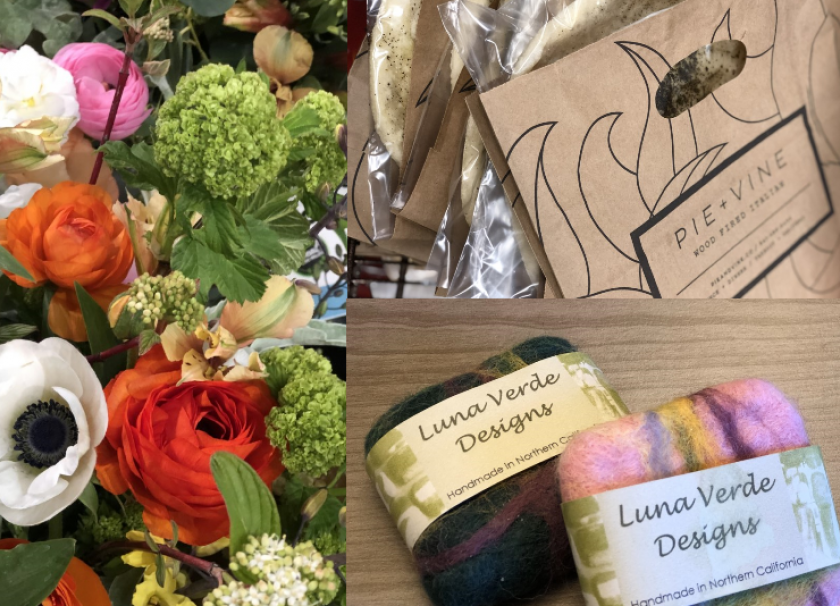
A dozen local favorites to explore this summer
The Co-op has always had a focus on supporting the strong local scene of growers and producers - and in these times, it's even more important. Here is just a small selection of some of our favorites from the area. Help support local businesses next time you stop by the Co-op by picking one of these products.

Unwavering Spirit in a Time of Change
By Emile Amarotico, General Manager
It’s been two months since my last update on our Co-op community, but it could just as well have been two years ago, or from an alternate reality! Needless to say, life at the Co-op has changed, and it hasn’t been easy for employees or shoppers. But despite the challenges, it has been an inspiring and reaffirming time that reminds us why we love the cooperative enterprise.
Staying Sustainable in A Changing World
By Rianna Koppel, Sustainability Coordinator
In the midst of a health crisis, how can we focus on sustainability? Let’s be real - these are tough times!
What does sustainability look like now? I like to refer to the definition of sustainability - meeting the needs of the present without compromising the ability of future generations to meet their needs. How can we meet the needs of the present, while keeping the future in mind?
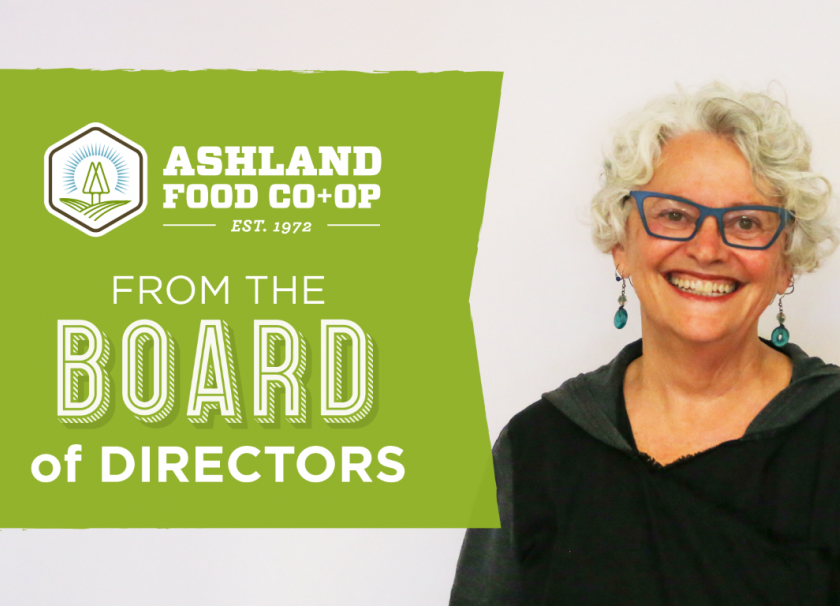
Democracy and Co-ops
By Annie Hoy, Board Director
This month, AFC Owners will democratically elect a slate of board candidates. These candidates are co-op owners, just like you and me. By holding annual elections, co-ops around the world and close to home are expressing Cooperative Principle 2: Democratic Member Control.
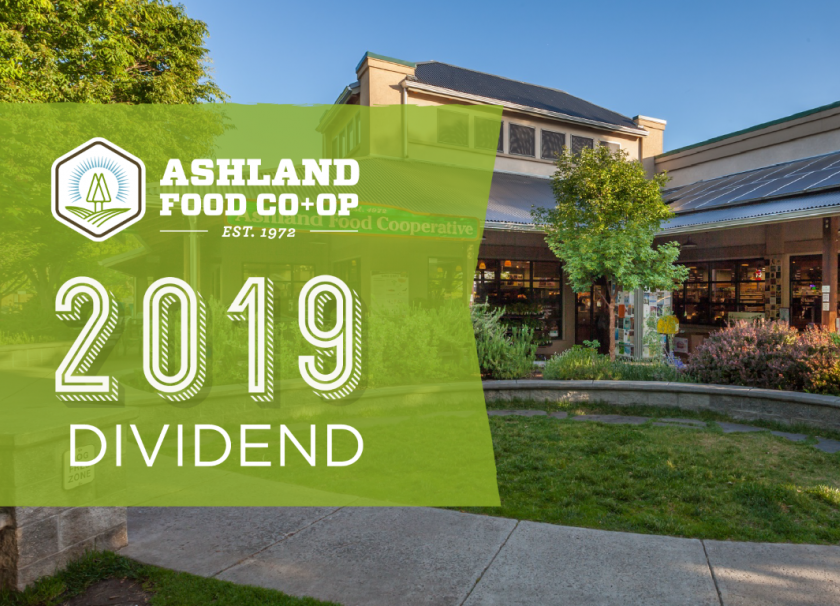
2019 Patronage Dividends are available now
From the Board of Directors:
This year, the Co-op Board of Directors is taking unprecedented action to distribute 100% of the over $628,000 2019 Patronage Dividend to our owners. In this time of great need, there is no holding back. This is not the moment to put away funds for the future, but rather to support our owners fully so that we may all have more strength to weather the storm.
Beans from Scratch
Michelle isn't serving up samples right now, so she's serving up kitchen tips instead! Here's her tried and true approach to cooking dry beans, plus some extra tips for upping your flavor, saving time, and cook other legumes. (Ingredients and modifications are below the video.)
Ingredients
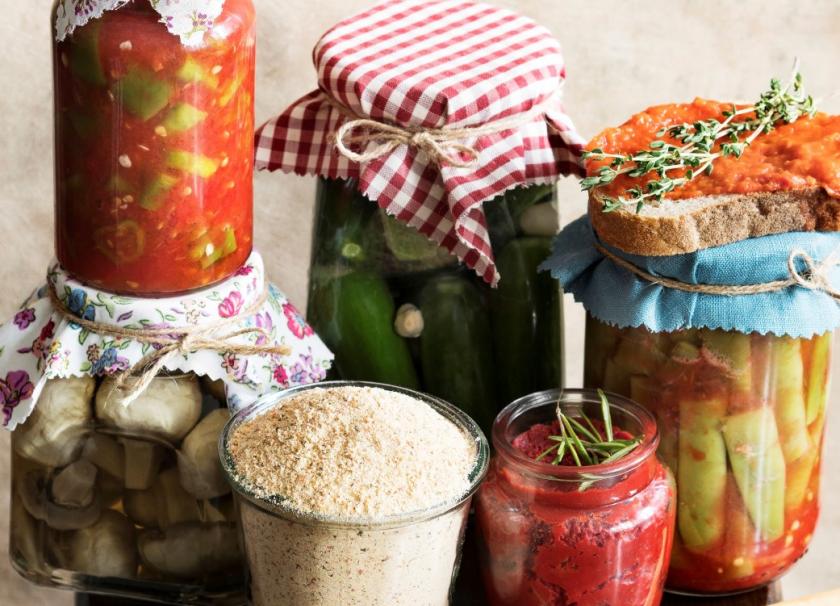
Tips to Stay Safe and Limit Waste
By Mahlea Rasmussen, Education Coordinator
Inspired by Bea Johnson's Zero Waste Home
We are in uncertain times and some of you may be second-guessing some of your zero waste practices and replacing them with safety measures for you and your family. I was proud not to have chemical cleaners in my home and never used plastic gloves - but now those products are being suggested for staying clean and safe. Here are some tips to keep your home safe while working towards more sustainability.

Ashland Food Co-op employees are heroes, worthy of respect and gratitude
Until a crisis like this occurs, few think of Grocers as essential service providers. However, our employees have been here day in and day out, risking their health and the safety of their loved ones, to provide food for our community. This is not a job that can be done from home or from what is now considered a safe social distance. Our employees have worked with the utmost professionalism, care, and concern for shopper well-being.
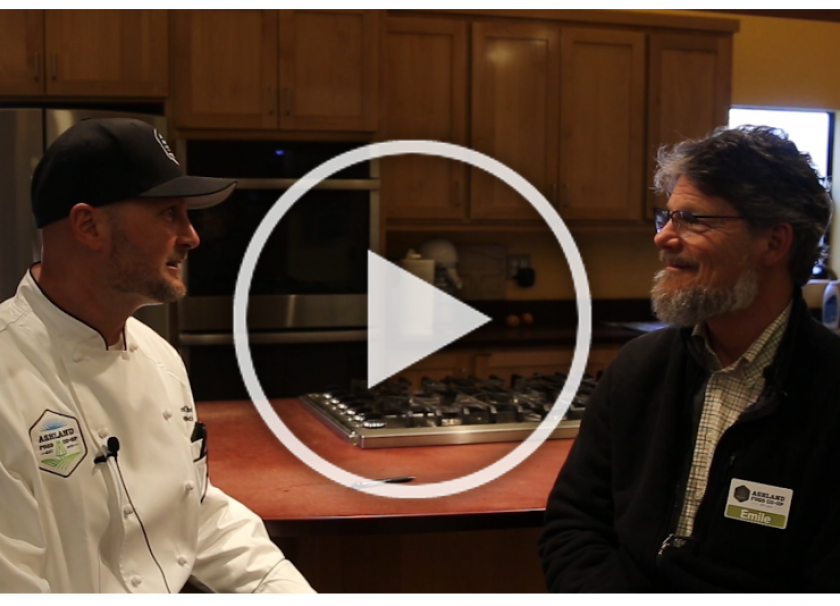
Meet Reagan Roach, AFC Executive Chef & Prepared Foods Manager
The Co-op's general manager, Emile Amorotico, sat down with the newest addition to the co-op's management team, Reagan Roach. Get to know Reagan in the interview below - and say hi when you see him in store!
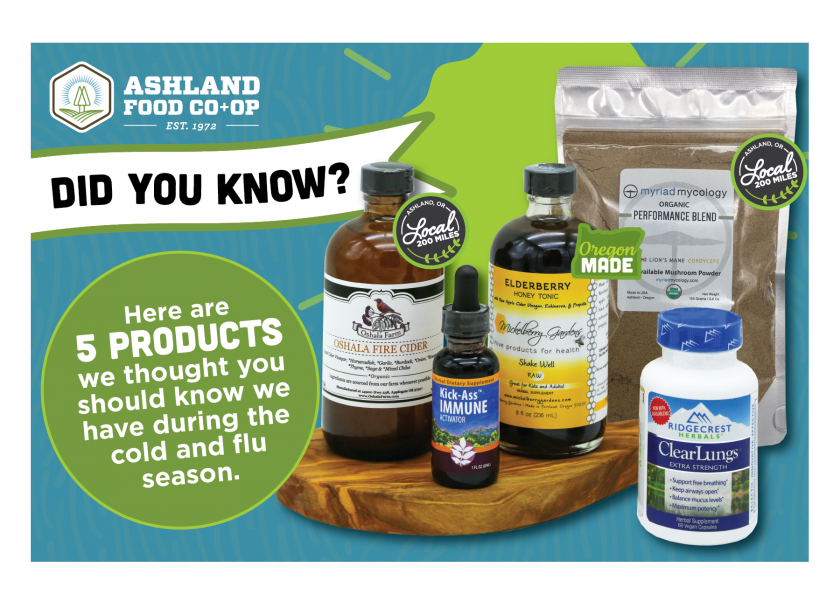
5 Things You Didn't Know the Co-op Carries for Cold, Flu & Immune Protection
- Wishgarden Herbs - Kick Ass Immune: Your total frontline immune defense!
- Oshala Farm - Oshala Fire Cider: Locally made in the Applegate. It tastes so good you could craft a healthy dressing with this fire cider!
- Mickelberry Gardens - Elderberry: Great Immune support for kids and adults. Made in Oregon.

